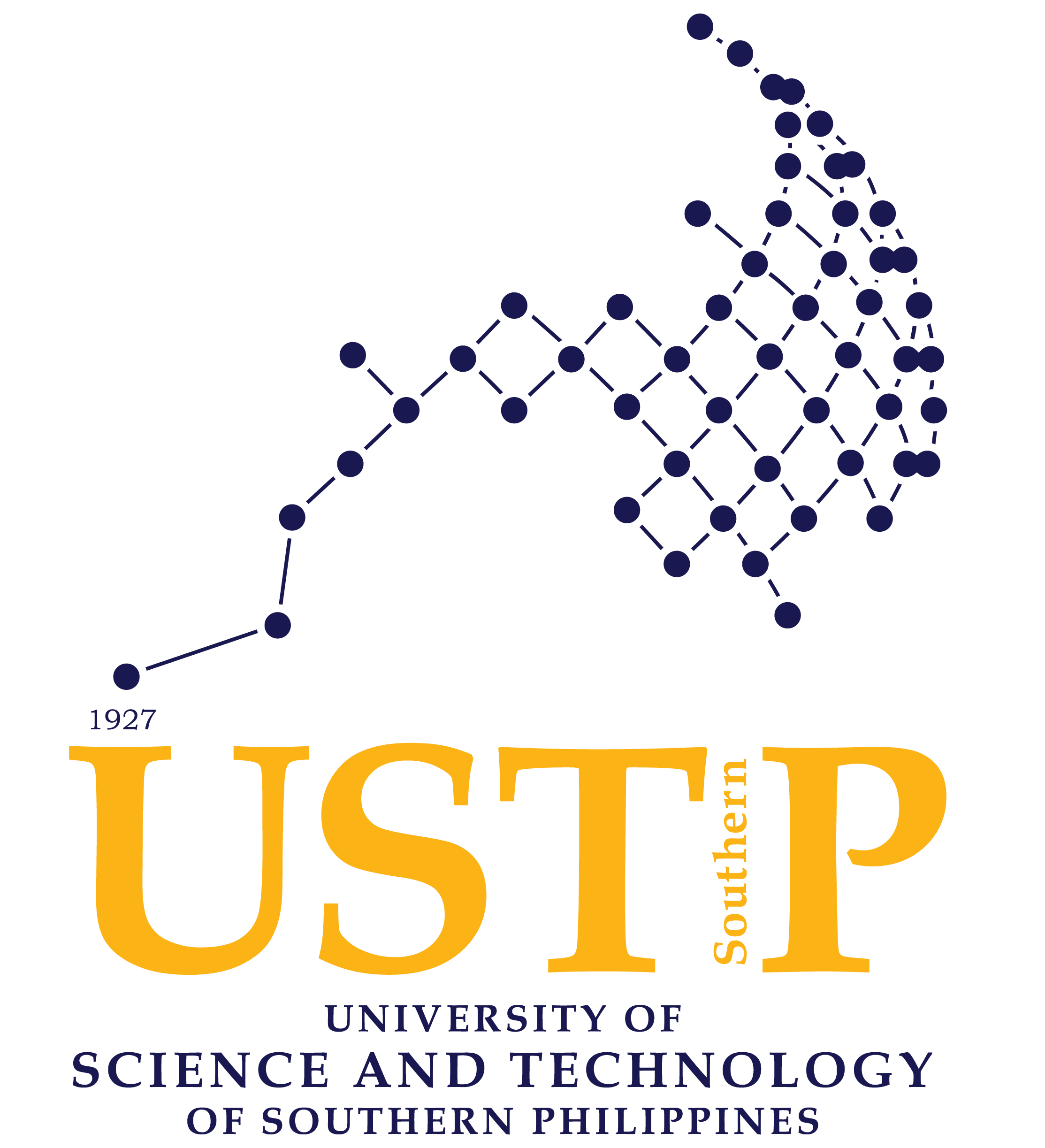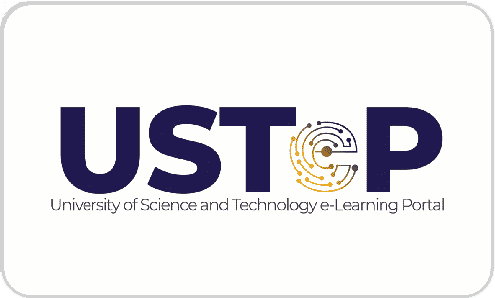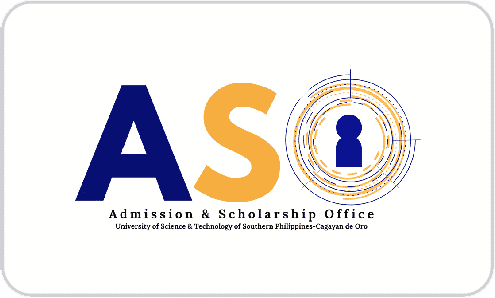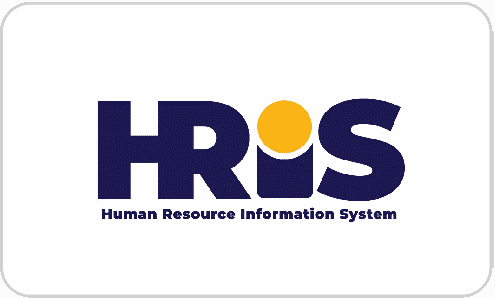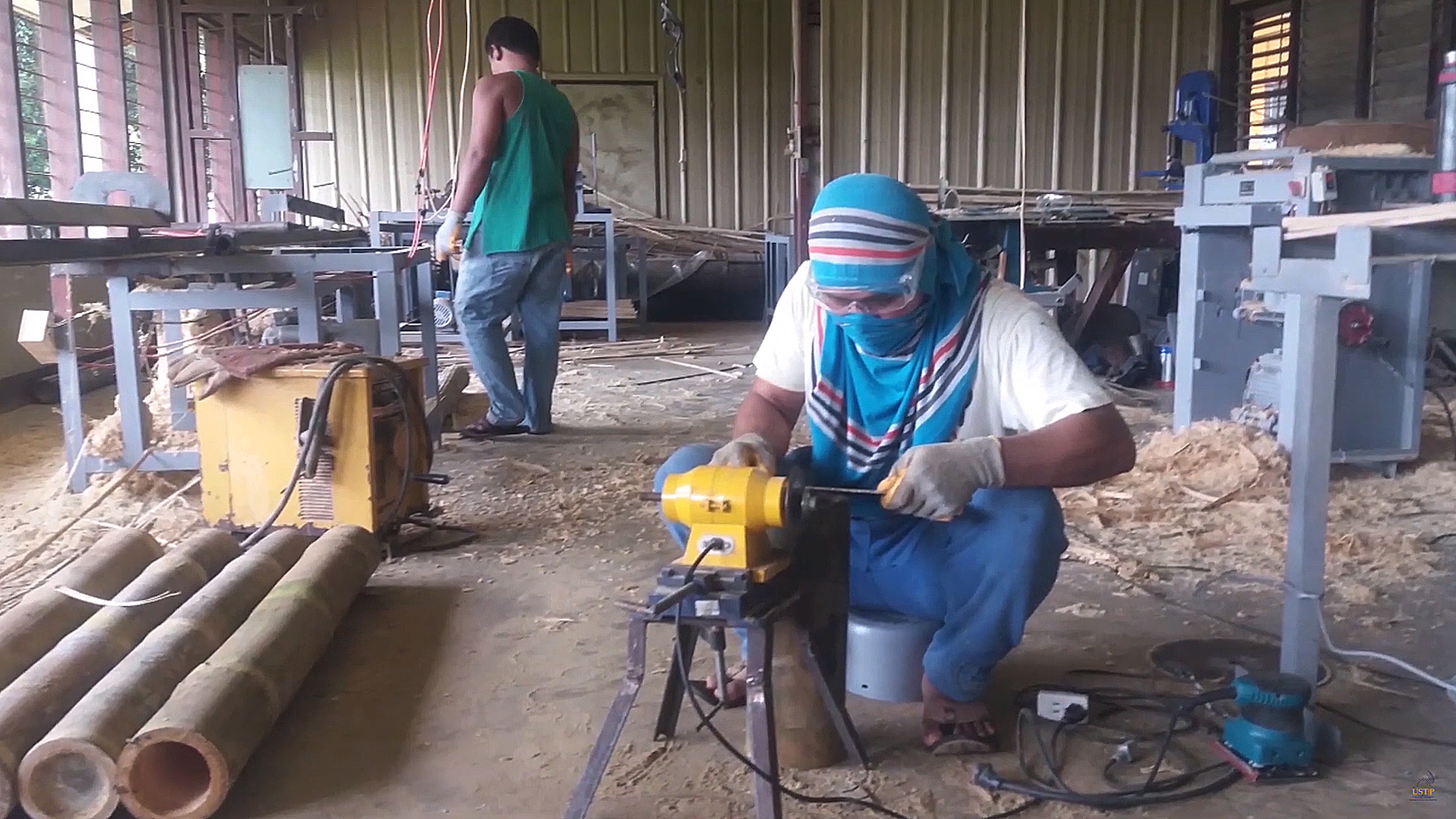
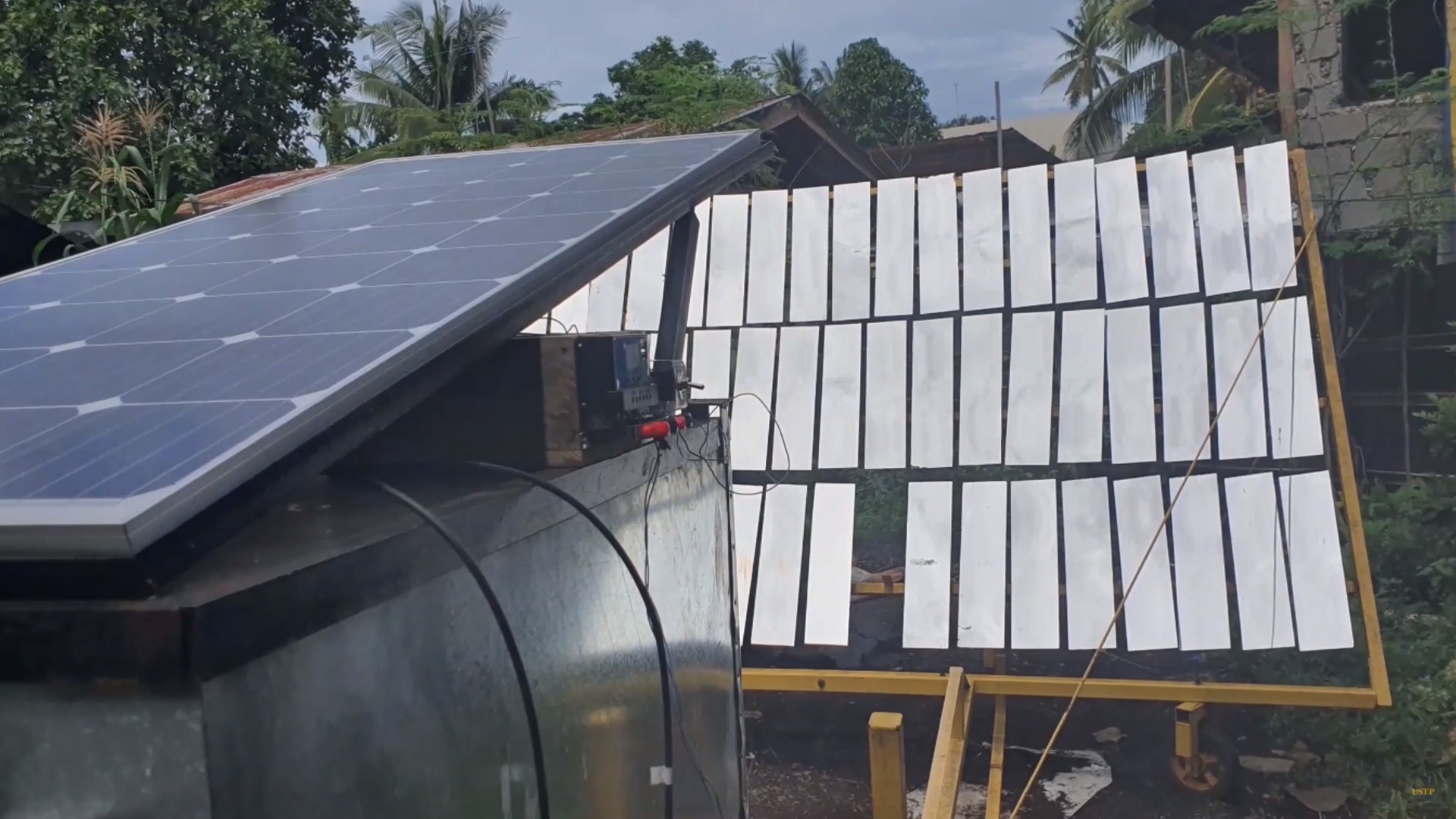
Bamboo Research and Innovation Center
Bamboo products are globally recognized as environmentally friendly and also exhibit excellent quality. The Bamboo Research and Innovation Center (BRIC) envisions being the leading center for scientific innovation and commercialization of bamboo in Mindanao. The institution aspires to be an active partner for various industry stakeholders in sustainably pursuing the still unsaturated potential of bamboo in local, national, and global markets. The Bamboo Research and Innovation Center is guided by the principle of product innovation and good manufacturing practices.
Center Head: DR. GREG M. CUBIO
Email: [email protected]
Center for Biomass Energy
The Center for Biomass Energy (CBE) is developing sustainable solutions for our future. It is working to bridge the divide across science, engineering, and industry and bringing the experts that will focus on renewable energy technologies, mainly biomass, and rational energy use and efficiency. The Center also serves as a platform for researchers to work with its peers and offer solutions to industries and companies through innovative research in biomass energy.
Center Head: DR. ANTONIO-ABDU SAMI M. MAGOMNANG
Email: [email protected]

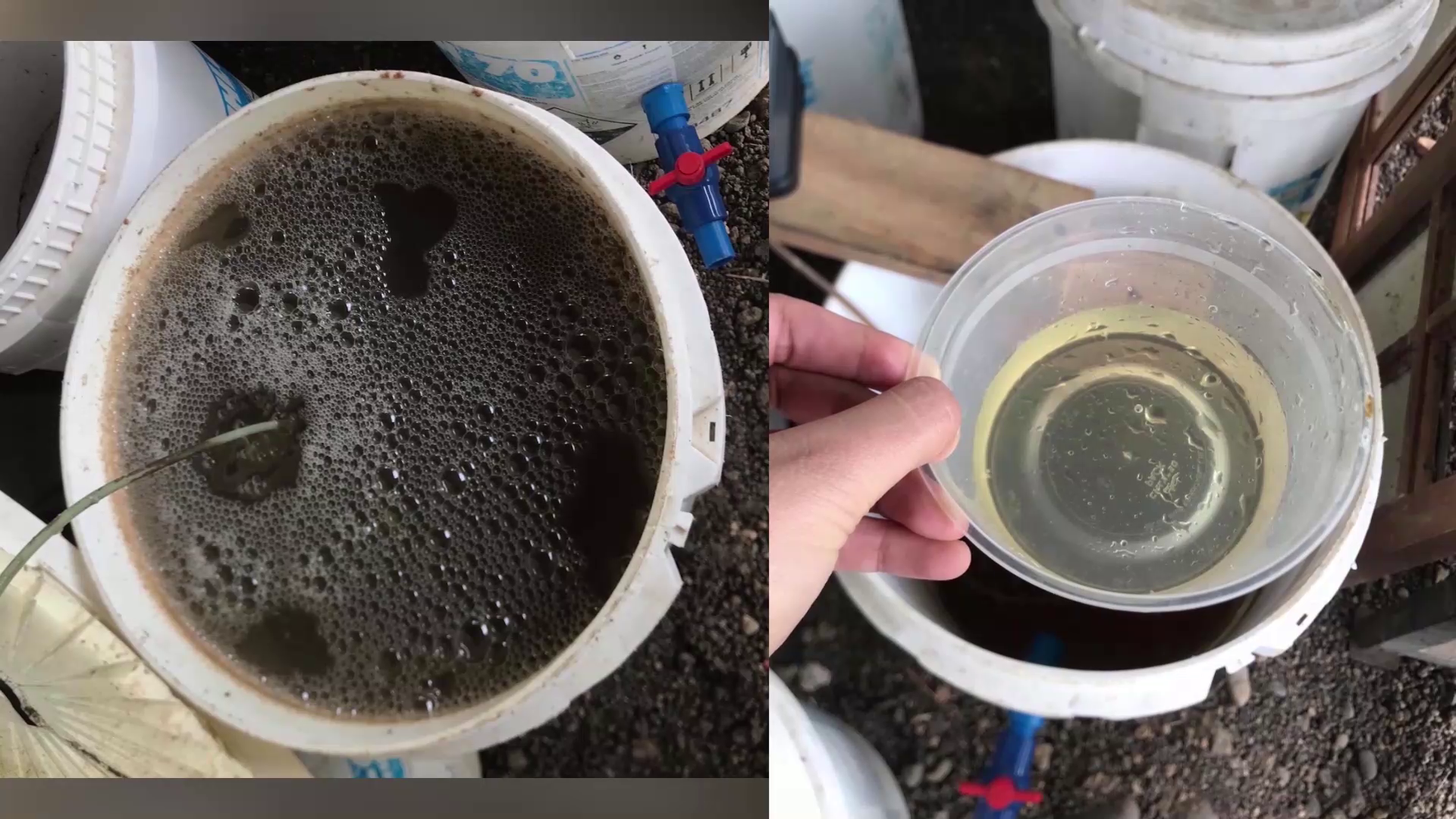
Center for Advanced Plant Science and Phytotechnologies
The Center for Advanced Plant Science and Phytotechnologies (CAPSP) is the University’s research arm dedicated to developing technologies, making discoveries, and understanding the plant’s biological design to feed the people, improve health, and rehabilitate the environment. The Center seeks to enhance the quality of life by fostering product and technology development.
Center Head: DR. DENNIS A. APUAN
Email: [email protected]
Center for Agricultural and Biosystems Technology
The Center for Agricultural and Biosystems Technology (CABTech) seeks to promote bio-resource technology and sustainability for countryside development, particularly in Northern Mindanao. The Center covers rural and urban agriculture, including soil and water resources development and utilization, irrigation and drainage technology, and post-harvest tools, equipment, and machinery development. The Center also caters to aquaculture, biological, and bio-systems engineering, as embodied in the Agricultural and Fisheries Mechanization and the Agriculture and Biosystems Engineering law.
Center Head: DR. RONELO G. CABLINDA
Email: [email protected]
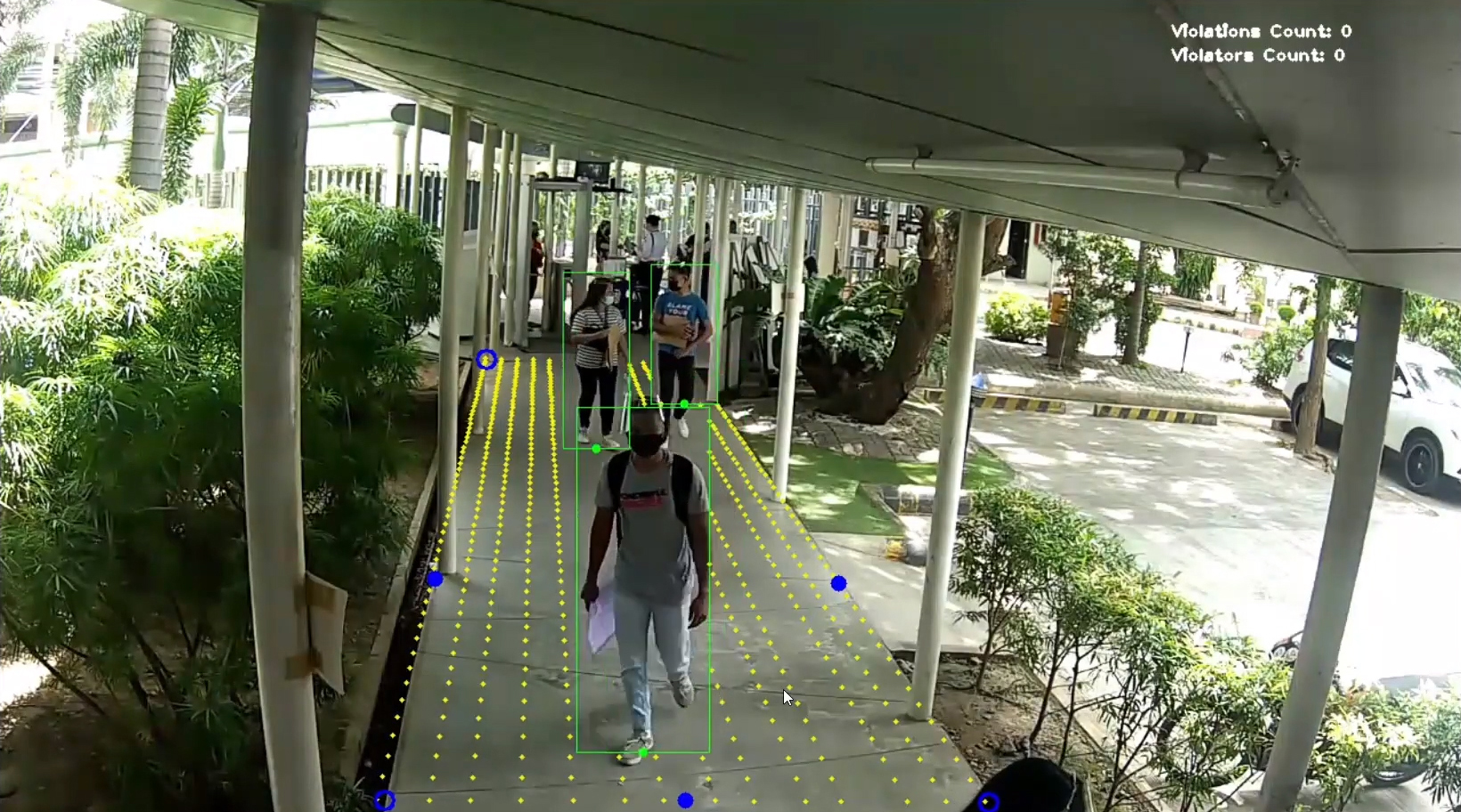
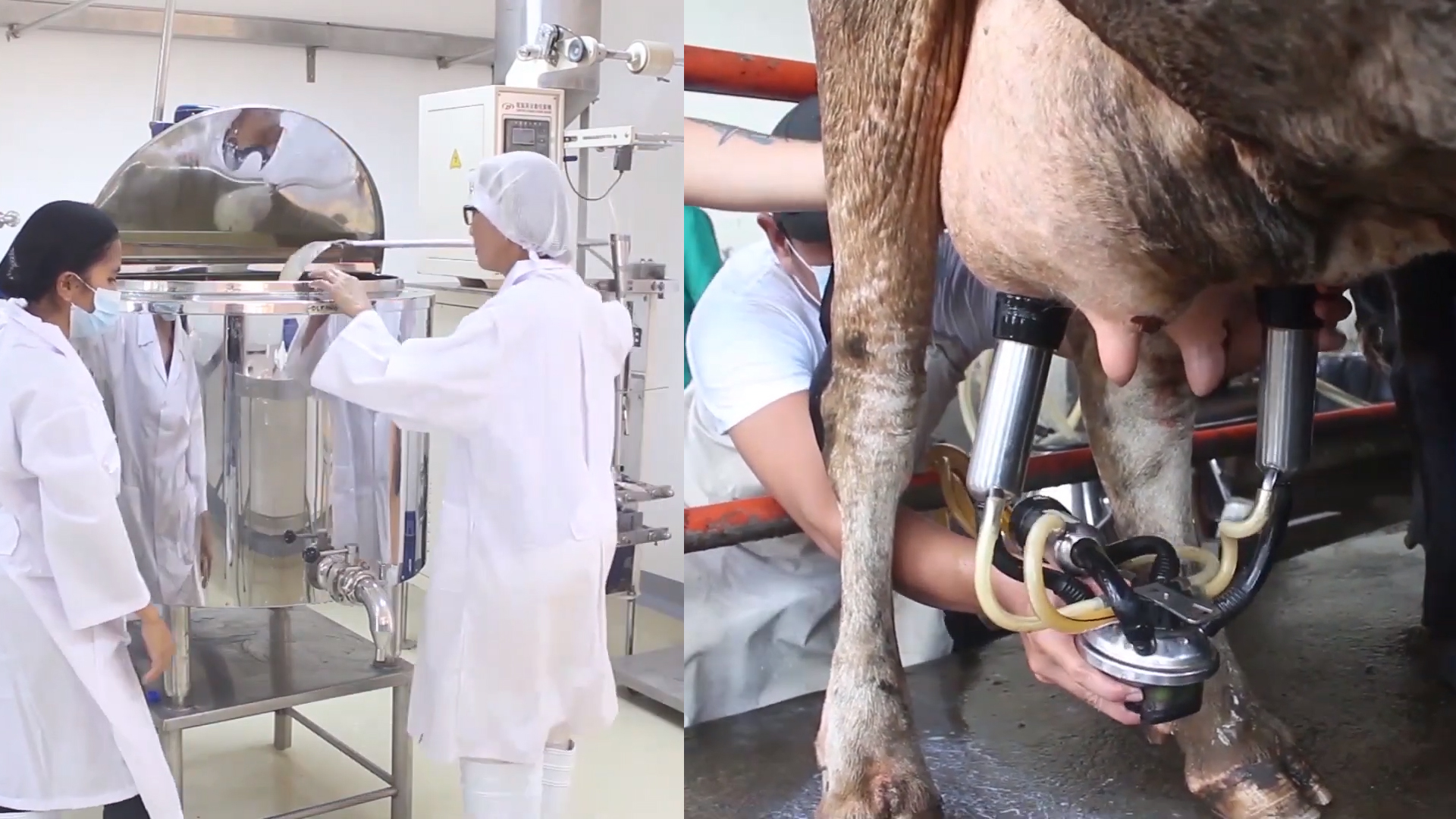
Center for Artificial Intelligence
The general objective of the Center of Artificial Intelligence (CAI) is to primarily provide Artificial Intelligence education to faculty and student researchers, conduct AI-related research, and provide AI-related solutions to industries and communities. The CAI aims to facilitate training/seminars on AI topics; facilitate the conduct of AI-related research; design, develop, and patent software/hardware products for transfer and commercialization; establish a Science and Technology Innovation (STI) ecosystem of Research and Development Institutions (RDIs) and stakeholders; and provide access of equipment, facilities, and other resources to investors, innovators, and researchers.
Center Head: ENGR. JODIE REY D. FERNANDEZ
Email: [email protected]
Center for Dairy Research and Innovation
The Center for Dairy Research and Innovation (CDRI) focuses on research and innovation concerning forage and pasture development, dairy nutrition and feeding, health and disease management, smart agriculture, and production systems. The Center provides researchers, faculty, students, industry, and producers with a broad-based platform for research, teaching, and extension activities. It promotes new research links and synergies across the commercial supply chain. It also leads the development of research, teaching, and technology transfer programs that provide the dairy and forage industries with new tools and techniques for healthy, sustainable, and efficient production. The CDRI’s primary emphasis is dairy cattle production. As such, it will serve as the heart of the USTP Dairy Farm, the dairy farmers in the region, the faculty, and the agriculture students harnessing their skills in doing research.
Center Head: DR. IMELDA U. HEBRON
Email: [email protected]
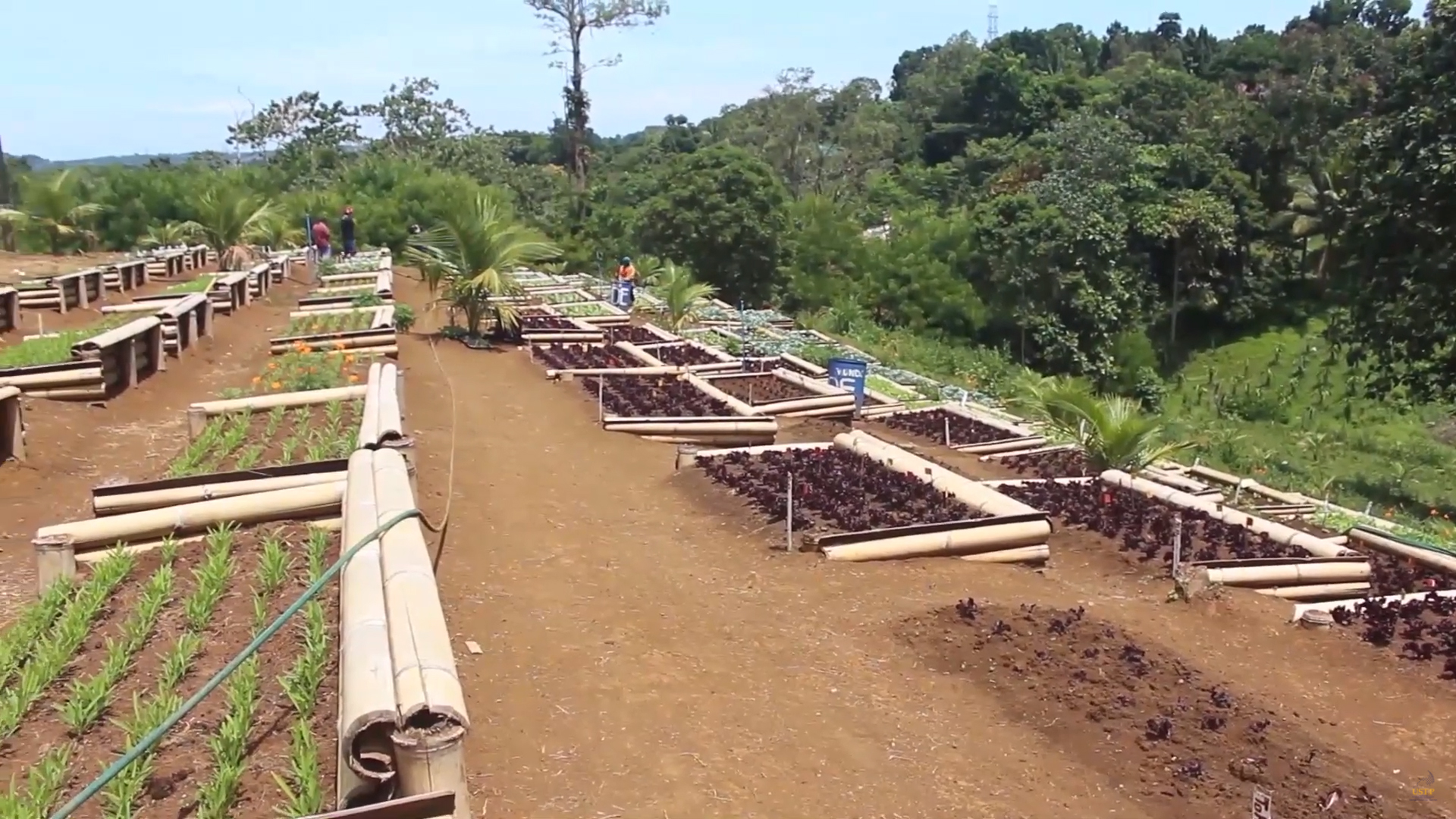
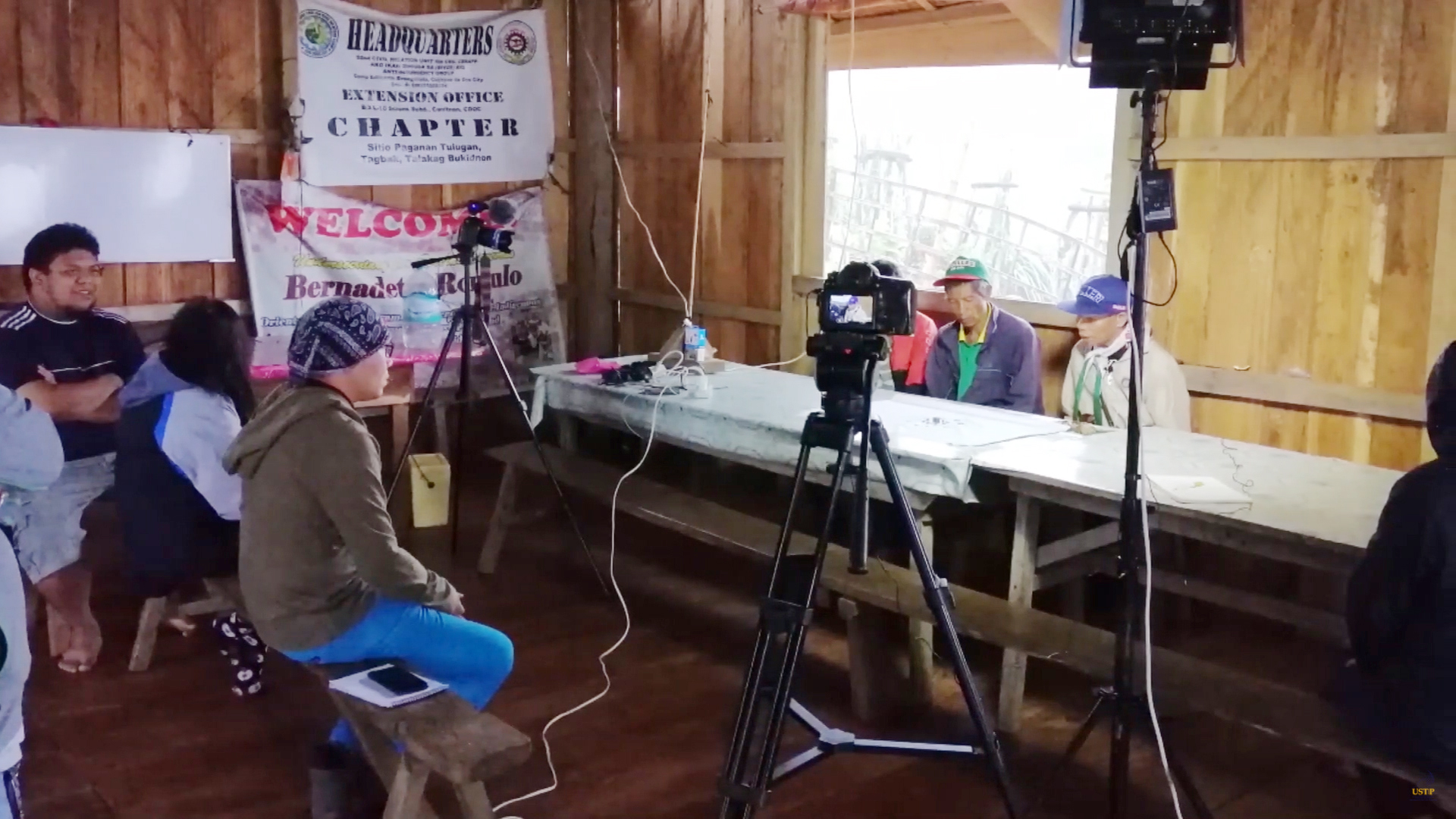
Center for High Value Crops
The Center for High Value Crops (CHVC) envisions being the leading Center for scientific and innovative approaches to support growers and entrepreneurs focusing on high-valued commodities in the region. The Center is a hub for the sustainable development of various products and services and a stable training ecosystem for researchers, scientists, and extensionists.
Center Head: DR. APOLINARIO B. GONZAGA, JR.
Email: [email protected]
Center for Human Development Studies
The Center for Human Development Studies, covering policy, culture, and creative studies, is the harmonizing division of the University in advancing human development. It is a programmatic and thematic Center that focuses on issues, among others, poverty, Gender and Development, Sustainable Development, social inclusion and exclusion, education, economic growth and development, multi-sectoral governance, environment and development, conflict resolution, peace, and development.
Center Head: MS. ANGELIE S. AZCUNA-COLLERA, ENP
Email: [email protected]
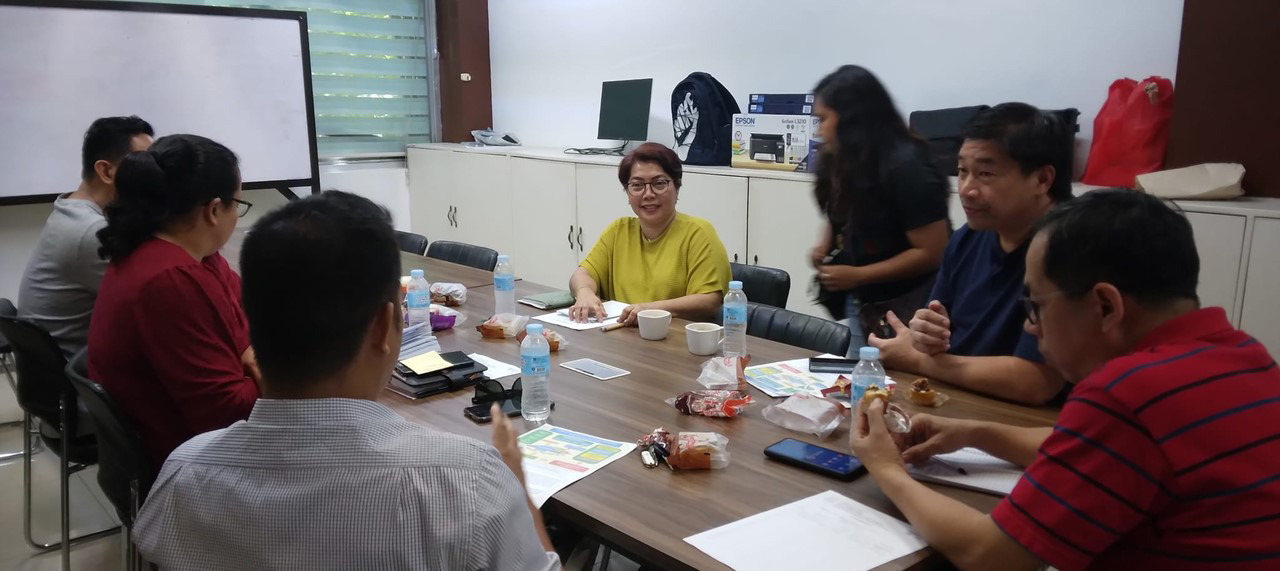
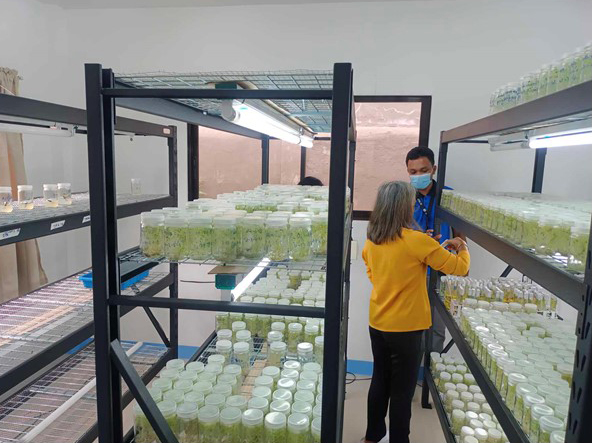
Center for Inclusive Development Studies
The University established the Center for Inclusive Development Studies (CIDS) following its mandate to contribute to the economic and social development of the country through knowledge generation and application. The CIDS is committed to providing development planners, implementers, and policymakers with significant research-based recommendations for inclusive growth. The Center primarily focuses on the development of the marginal sectors of society.
Center Head: DR. FRANCIS THAISE A. CIMENE
Email: [email protected]
Center for Natural Products Research
The Center for Natural Products Research (CNPR) serves as a regional resource that plays a leading role in advancing innovative methods for natural product research. The Center conducts basic and applied multidisciplinary research in the discovery of natural products for use as pharmaceutical agents and to understand the chemical properties, biological potential, and importance of medicinal plants endemic to Mindanao.
Center Head: MR. NESTEVE JOHN AGOSTO
Email: [email protected]
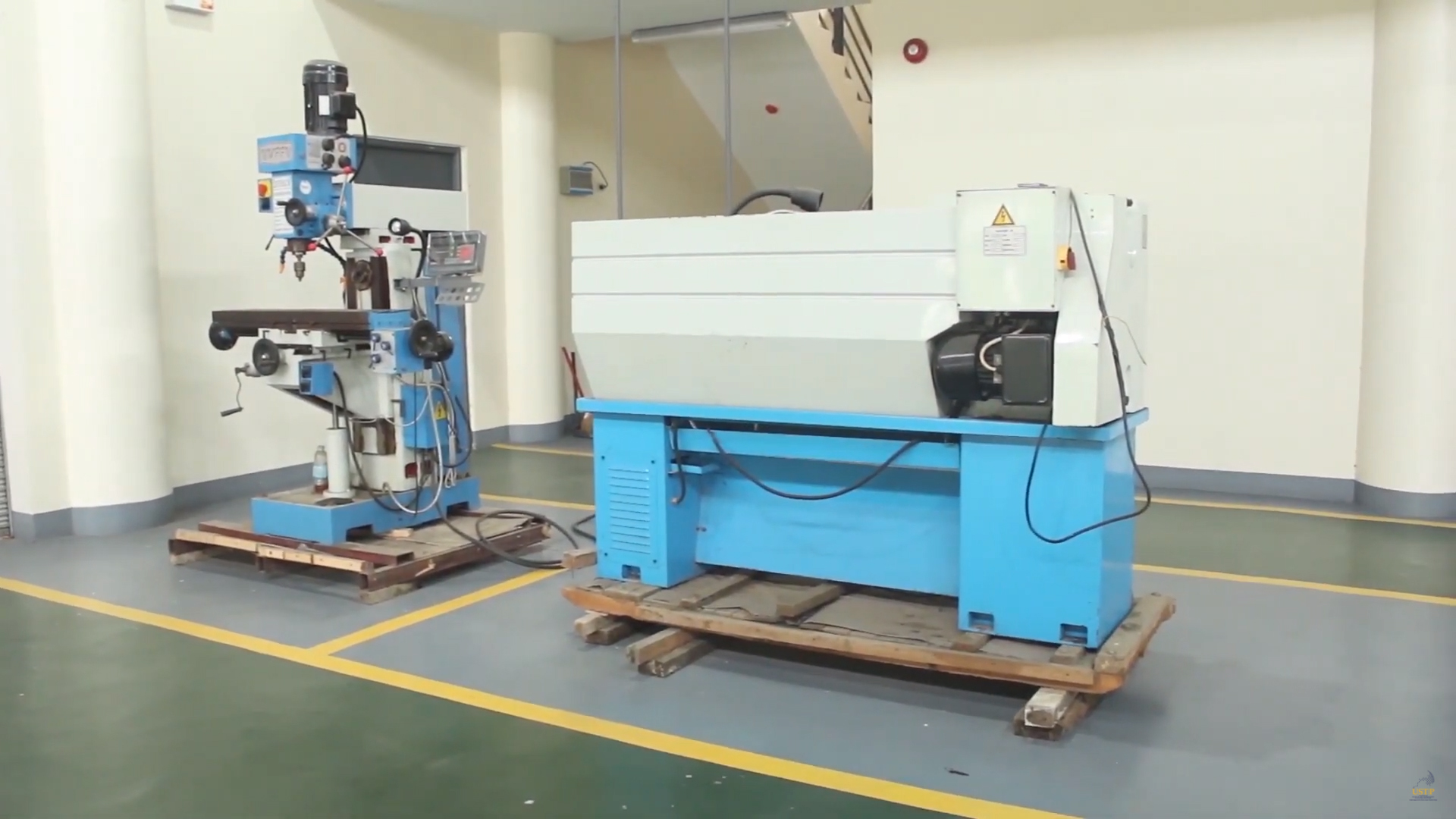
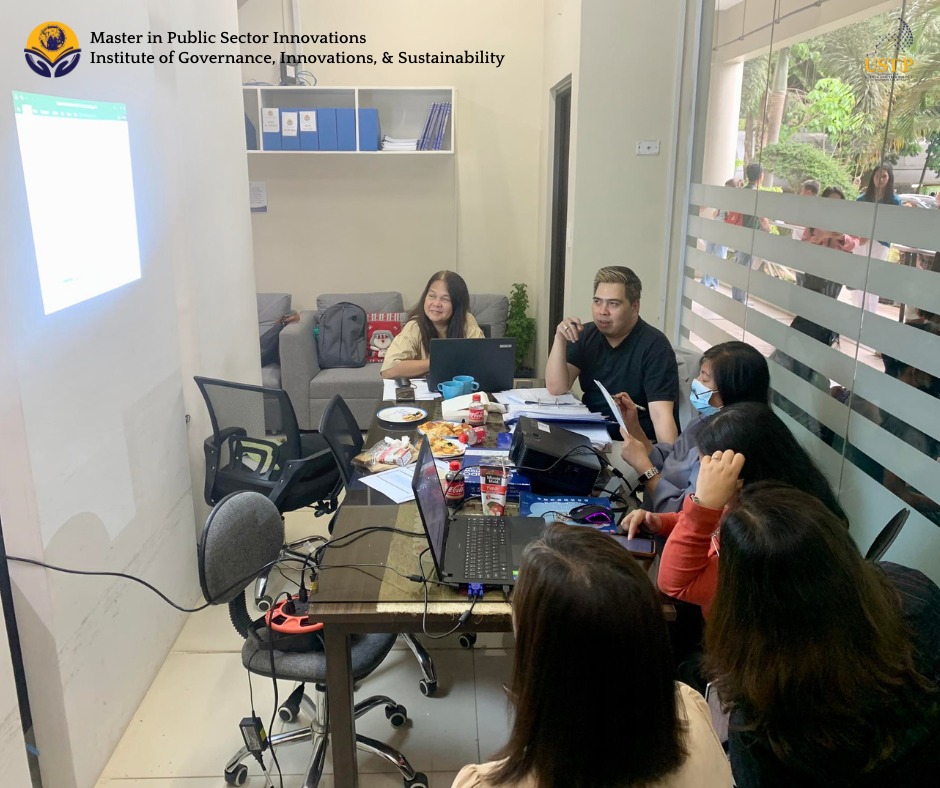
Design and Engineering Center / Metals and Engineering Innovation Center
The general objective of the Design and Engineering Center / Metals and Engineering Innovation Center is to primarily address the economic needs of the food processing industry, including food processing equipment and its users (the MSMEs) and the mechanization of the Agriculture sector.
Center Head: ENGR. KENNETH JAMES BRYLE MAGSAYO
Email: [email protected]
Institute of Governance, Innovations, and Sustainability
Under the Institute of Governance, Innovations, and Sustainability (IGIS), professionals – especially those engaged in any public sector work and are interested to help address societal issues and challenges – can learn through any of the four MPSI pathways, i.e., Public Policy Studies, Sustainable Development, Digital Service Platforms & e-Governance Solutions, and Environment & Climate Solutions.
Center Head: DR. DEMETRIA MAY T. SANIEL
Email: [email protected]
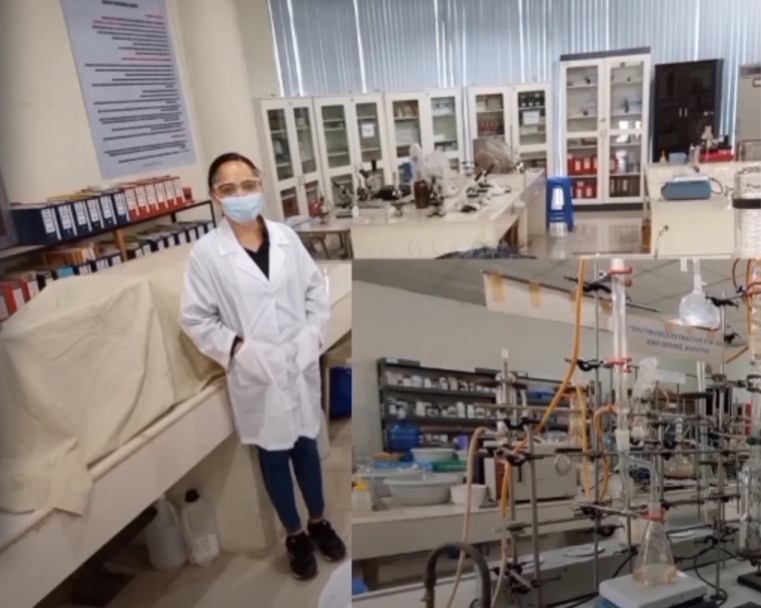
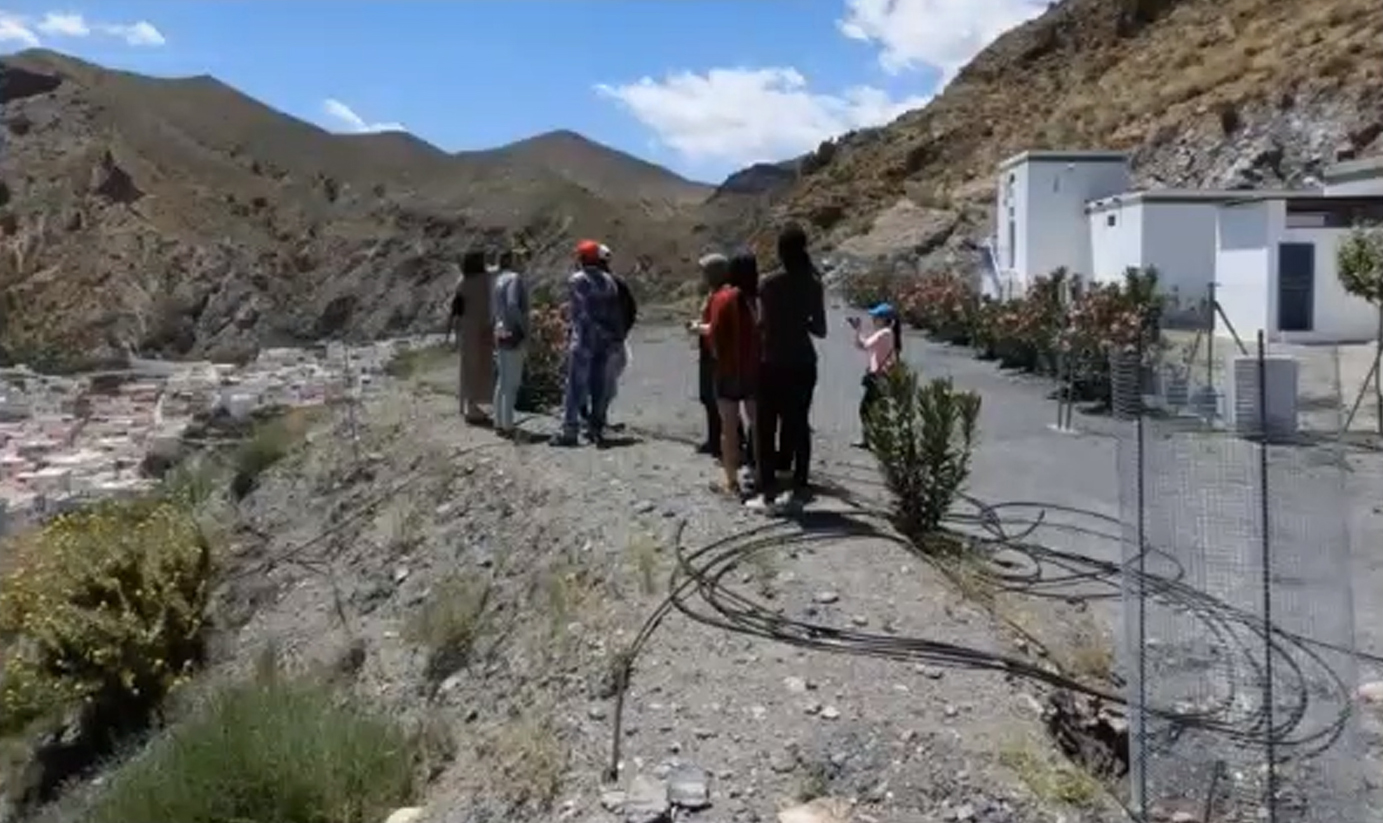
Institute for Material Science and Nanotechnology
The Institute for Material Science and Nanotechnology (IMSN) supports new and cutting-edge innovations in material science and nanotechnology through research collaborations and educational opportunities. The IMSN also fosters scientific and technological solutions to many industries, including electronics, food, pharmaceuticals, and sustainable technologies. It also closely establishes a strong research and development ecosystem with external partners, contributing to sustainable national economic growth and development.
Center Head: DR. RICHARD JAYSON VARELA
Email: [email protected]
Mindanao Institute for Water Research
The Mindanao Institute for Water Research (MIWR) is an academe-based research institution that focuses on preserving Mindanao’s water resources. Mindanao has a long tradition of utilizing its freshwater resources provided by both surface and ground waters. The MIWR ensures that the management of these water resources is comprehensive and science- and ecosystems-based.
Center Head: DR. MARIA LUISA B. SALINGAY
Email: [email protected]
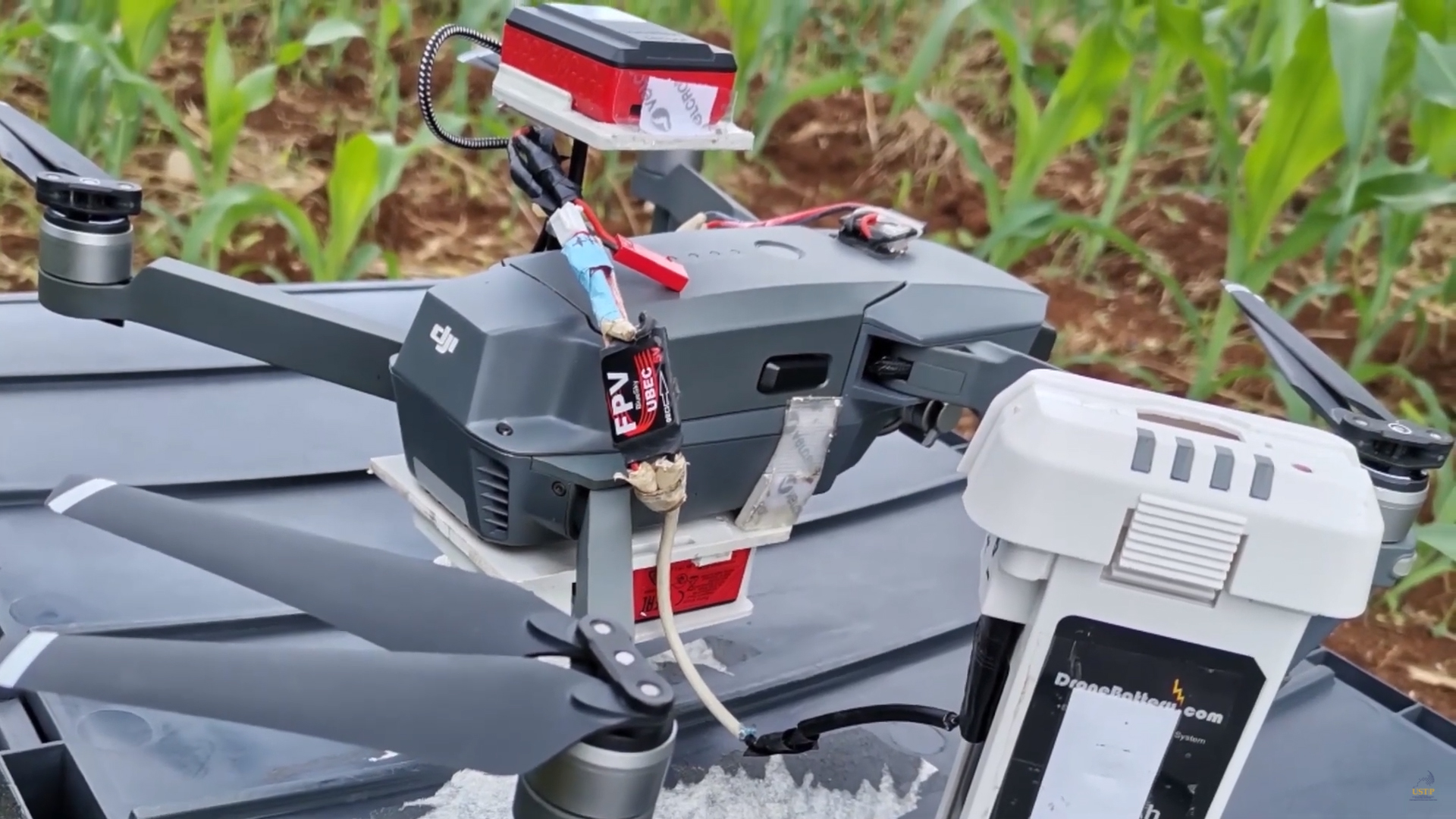
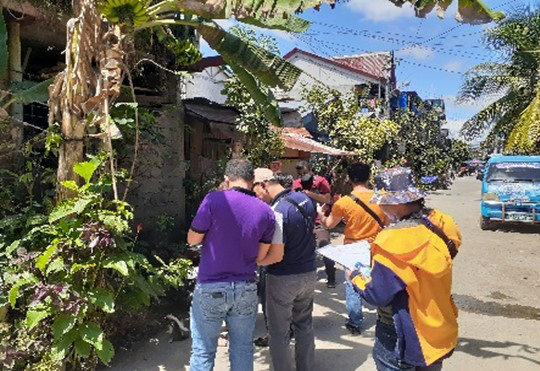
Precision Agriculture / Smart Farming Center
The Precision Agriculture / Smart Farming Center develops methodologies that create a spatial and temporal database of various existing agricultural commodities. The Center develops appropriate methods to document optimum product yield. It also develops knowledge products that teach farmers the impact of different production resources on yield. The Center empowers them to acquire, adapt, fabricate, and conceptualize the needed equipment to collect necessary data in developing precision agriculture/smart farming-based knowledge products.
Center Head: DR. EDGAR ALLAN C. PO
Email: [email protected]
Power Institute
The Power Institute (PI) bridges the divide across scientific, engineering, business, and public policy arenas, bringing experts together to find solutions to complex energy problems across the globe. By leveraging the University’s tools and resources, the PI integrates, enhances, and collaborates in various energy-related fields via key centers and partners. The Institute strengthens the utilization of research, extension, innovation, and training programs for economic development.
Center Head: ENGR. CHRISTOPHER S. DOLINO
Email: [email protected]
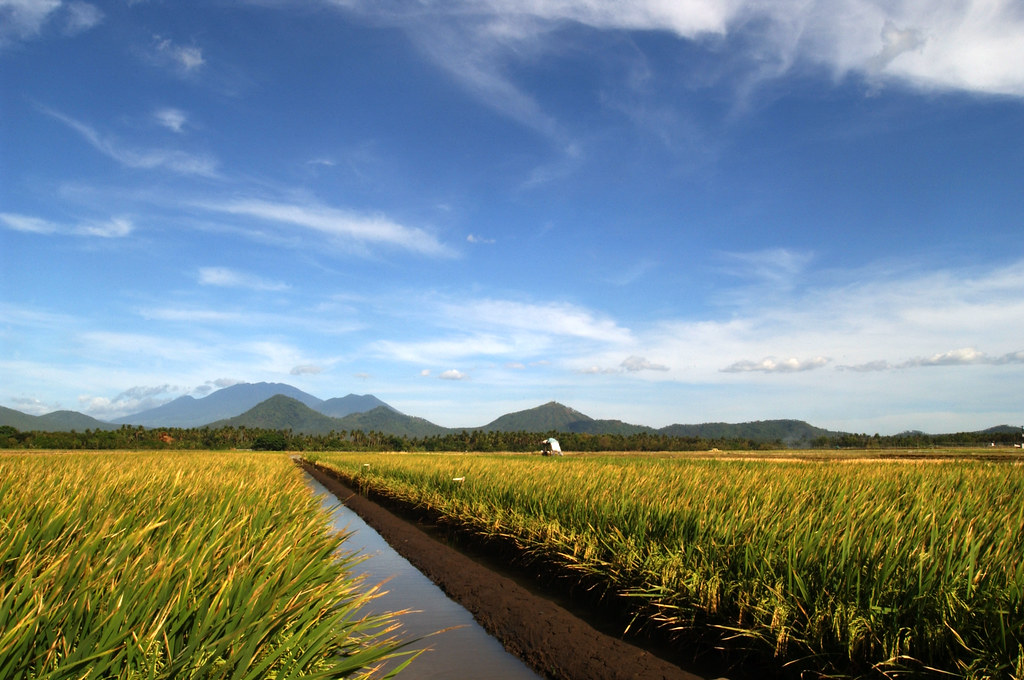
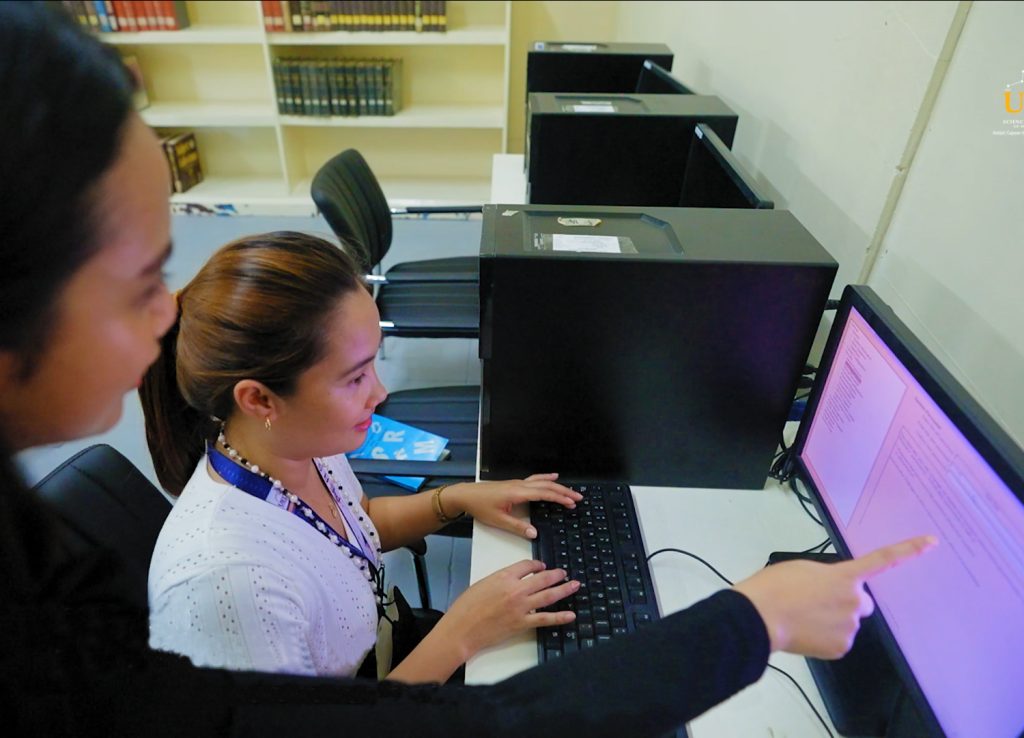
Center for Biodiversity & Ecological Management and Environmental Technology
The Center for Biodiversity & Ecological Management and Environmental Technology (BEMET) is dedicated to advancing environmental protection and sustainable development research, particularly in food and natural resource management. Serving as a hub for faculty and student research, BEMET fosters collaboration with industries, government agencies, stakeholders, and funding institutions. Through these partnerships, the center aims to develop innovative solutions to pressing environmental challenges, contributing to the country’s food security and sustainable energy resources.
Center Head: PROF. ALMA ABUG
Email: [email protected]
Data Science and Technological (DATSCI-TECH) Innovation Center
The DatSci-Tech Innovation Center is a venue for collaborative research activities among faculty members, students, data scientists, and domain experts in the region that focuses on encouraging theoretical and practical research in data mining, machine learning, and big data in order to develop data- driven solutions and technological innovations that have a profound impact in different sectors in the society. The DatSci Tech team typically acts as a consultant, working with multiple entities internal or external to USTP, to identify and exploit opportunities in data science and technological innovation. The team shall spearhead the development and production of tangible data science and IT-based research outputs, thereby, being a leading provider of technological innovations and a destination for different sectors in the region needing data-driven solutions to real-world problems.
Center Head: DR. JOCELYN BARBOSA
Email: [email protected]
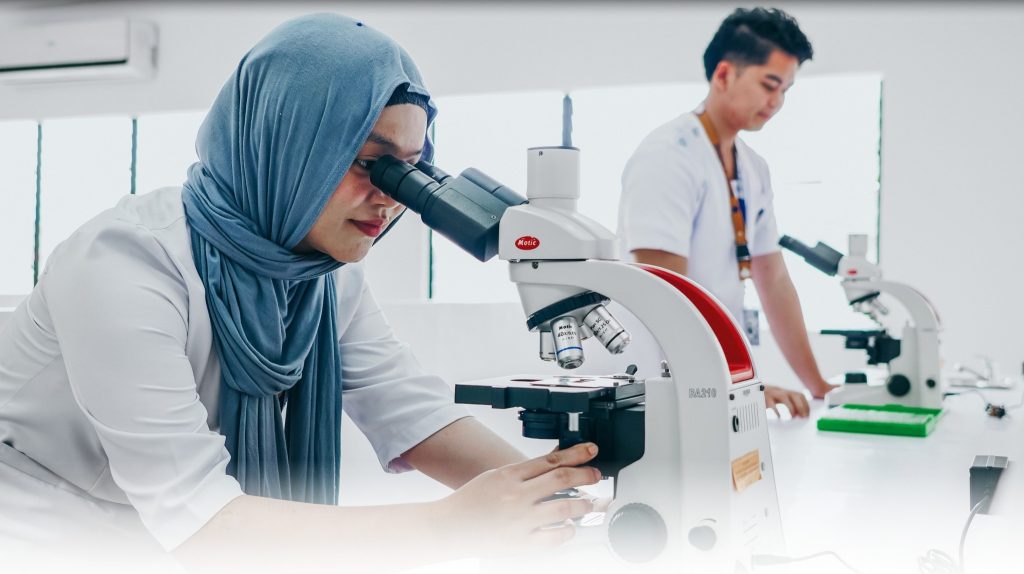
Research, Innovation and Technology
Center for Health
Aligned with the Harmonized National Research and Development Agenda 2022–2028 and the USTP College of Medicine’s vision of becoming a science, technology, and research-driven institution, the USTP Research, Innovation, and Technology Center for Health (RITCH) serves as a hub for health innovation and technology. Committed to addressing the region’s health challenges, RITCH contributes to socio-economic growth and the well-being of Filipinos.
The center aims to generate new knowledge on health issues affecting the people of Northern Mindanao while fostering innovation and technological advancements in the health sector. Its mission is to conduct research and development, provide education and training, and create a seamless environment for research, teaching, and collaboration in health sciences.
Center Head: DR. CINDY L. LLEGO
Email: [email protected]
